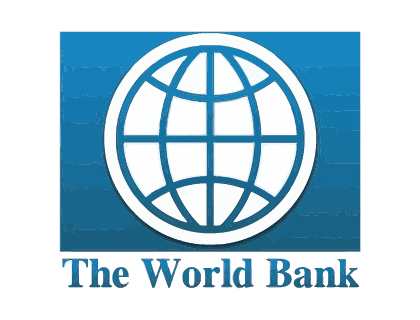
Seizing emerging opportunities and enabling private sector solutions would allow the Dominican Republic to pivot toward a more competitive, inclusive, and resilient economic trajectory, according to a new report published recently by the World Bank.
The Dominican Republic Private Sector Diagnostic (CPSD), jointly prepared by IFC and IBRD, identifies policy actions to reduce cross-cutting constraints to private investment, such as a complex business environment and skills mismatches, and make substantial contributions to development impact, including in job creation and export diversification. The study argues that, given the global reconfiguration of global value chains, the country’s unique selling proposition should be more strongly based on structural and sustainable competitive advantages.
“The Dominican Republic is endowed with productive resources that, together with market-oriented reforms and political and macroeconomic stability, have contributed to remarkable growth and poverty reduction over the past two decades,” said Elizabeth Martínez de Marcano, IFC Regional Director for Colombia, Mexico, Central America, and the Caribbean. “However, more needs to be done, and this CPSD provides a timely roadmap to leveraging the power of the private sector to achieve higher value addition, inclusion, and resilience.”
As per the CPSD, beyond capitalizing on its natural endowments, namely its strategic geographic location, the Dominican Republic should build up its assets in key enabling sectors such as education, logistics, and financial services, which will increase the attractiveness for competitive investors, while gradually decreasing the country’s dependence on fiscal incentives.
“The Dominican Republic can take advantage of emerging opportunities in global and regional markets and facilitate private investment, including by institutional investors, to pivot towards a more inclusive and resilient economic trajectory,” said Alexandria Valerio, World Bank Representative in the Dominican Republic. “To address the barriers to private investment, the report highlights key challenges such as modernizing and digitalizing government to business services, reducing the mismatch between the demand and supply of skills in the labor market, and reforming the energy sector.”
Examples of policy recommendations to strengthen the role of the private sector include enhancing coordination between investment promotion institutions, promoting private investments in continued education and upskilling of employees, and, in the energy sector, addressing environmental and social issues early on through a standardized approach.
The report also provides insights on how to unleash private investment in the short term, focusing on an illustrative sample of three sectors: MedTech; real estate, with a focus on eco-industrial parks; and agri-logistics.
In the MedTech sector—which is a leading employer of women—, as in similar high value-added sectors, policy interventions could scale a new growth paradigm that is more inclusive of local small and medium enterprises and local talents, and help the country diversify its export basket and reinforce its integration in global value chains.
In real estate, the development of eco-industrial parks, through improved access to green finance and capital markets, is a ripe opportunity to improve access to the next generation of serviced industrial land and attract more sophisticated, resilient, and green foreign direct investment.
Finally, in agri-logistics, investments and reforms can promote climate-smart agriculture, while also providing a blueprint of how logistics, more broadly, can better leverage the geographic position of the country to promote higher value-added exports.
Read more:
IFC press release
Dominican Republic Private Sector Diagnostic
6 October 2025

